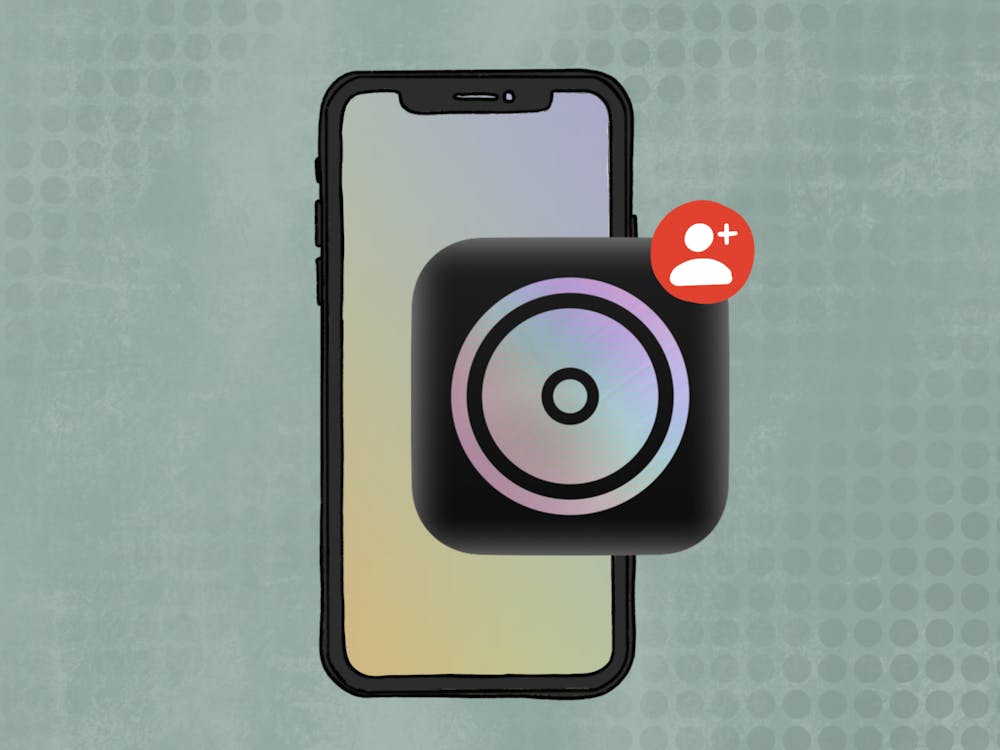SPOILER ALERT: This article may contain spoilers.
As most season finales do, the end of “House of Cards” left viewers — myself included — at somewhat of a loss. With so many loose ends tied up, the second season could go in any number of directions.
Take Peter Russo (Corey Stoll), for example. A focal point of the first season and one of the last glimmers of hope in obtaining a democracy truly “for the people,” Russo is now dead — appropriately killed by beloved antagonist Frank Underwood (Kevin Spacey). In addition to committing murder, Underwood wrapped up his debut by securing the vice presidency of the United States.
Other things, however, were left less clear — particularly Frank’s relationship with Zoe Barnes (Kate Mara). Zoe, his personal voice in the media, suggested the two keep things strictly “professional” rather than continuing their affair. Underwood resented her for trying to create her own rules to his game, and the dust was left unsettled. This development, along with an uneasy encounter with multi-billionaire Raymond Tusk (Gerald McRaney), a close friend of the president, was about the only thing that did not work out in Underwood’s favor by the end of season one — making it one of few constants that was sure to shape the plot in season two.
Or so I thought. On Feb. 14, after finishing the pilot of the second season, I was left confused and slightly appalled.
Though the first episode was titled “Chapter 14,” it seemed to have little connection to the end of season one aside from the opening scene, when wife Claire (Robin Wright) and Frank finish the run they began at the end of Chapter 13. Of the two major conflicts I predicted would be integral to the plot, one became essentially irrelevant — yes, they killed off Zoey — while the episode ended some 1,000 miles away from where it began.
This was appalling for several reasons. For one, Underwood’s ruthlessness has become beyond unrealistic. Although I have never worked on the Hill, I am certain his character is now more a symbol of politics than a representation of any actual government figure.
But aside from moving the show toward fantasyland, which I acknowledge is somewhat inevitable — it’s entertainment, and people need to be kept on their toes — I can’t help but feel slightly offended the producers killed one of the only remaining likable characters. It’s clear the few somewhat-moral characters have been playing on the losing team since day one.
My frustration only goes so far, though. Shaping the focus around the antagonist and watching the protagonists chase their tails is what makes “House of Cards” so interesting — especially when we still find ourselves cursing the name of Raymond Tusk, or anyone else who opposes Frank.
For this reason, season two is essentially ten hours of internal struggle for the viewer. “House of Cards” is the political “Breaking Bad” — it forces us to consider for whom we should be cheering and why, and if even our favorite characters deserve repercussions for their actions.
Without spoiling the entire season, I will tell you to take everything with a grain of salt and strongly advise you not to connect too deeply with any character. They are all expendable — with the exception of dear Frank Underwood, of course. The Vice President is very close to the top of the Hill, and makes it clear his intentions are to keep climbing.
Underwood sums up the second season nicely at the end of the pilot episode: “For those climbing to the top of the food chain, there is but one rule: hunt or be hunted.”




